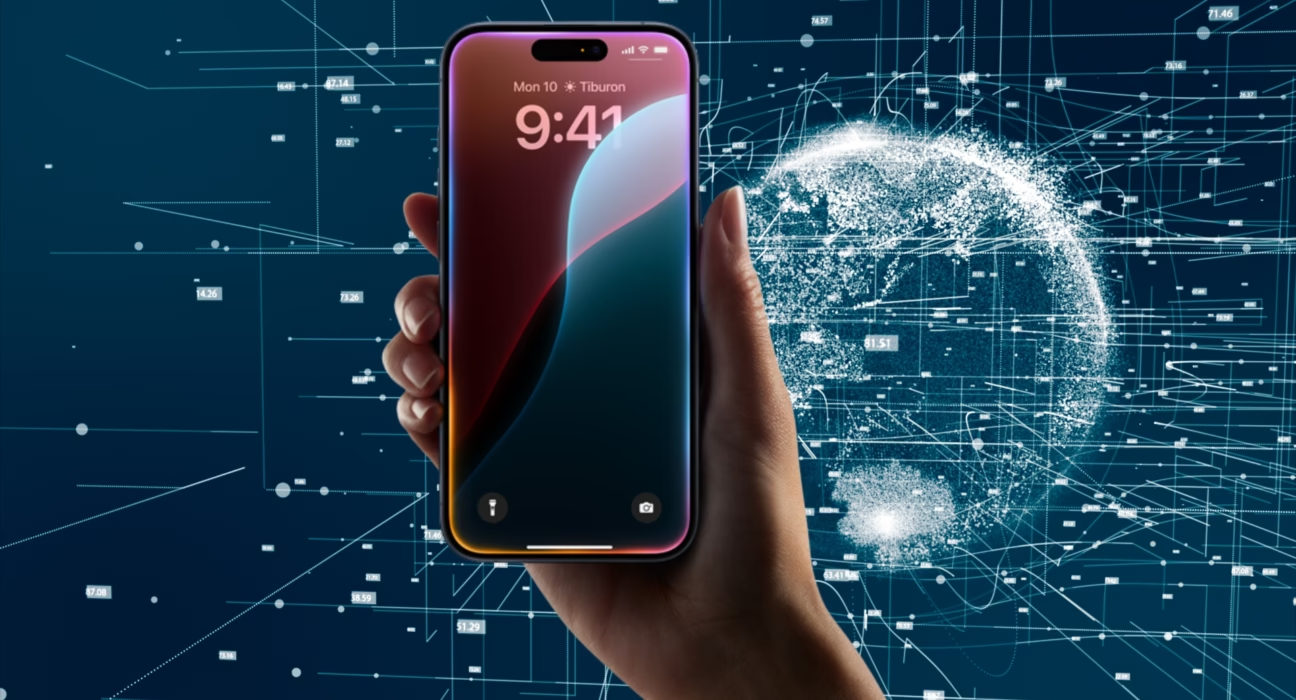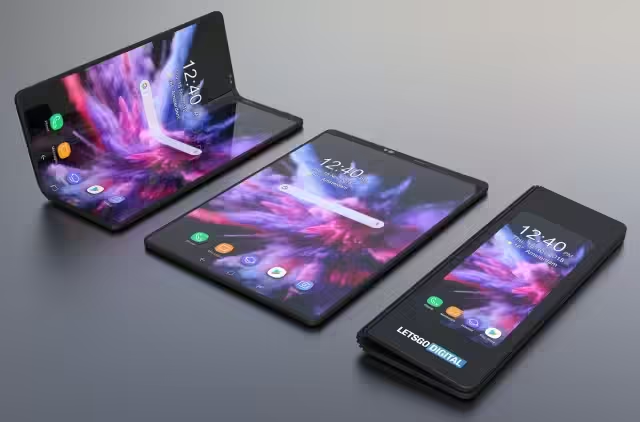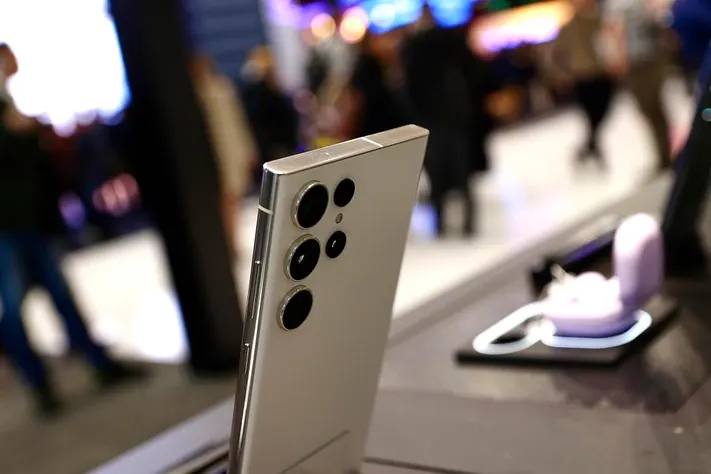The Dawn of Intelligent Mobility
Estimated reading time: 10 minutes
Key Takeaways
- The iPhone 16 is poised to redefine user experience with its advanced iPhone 16 AI features and capabilities.
- “Apple Intelligence” is the core of these innovations, a sophisticated personal intelligence system designed for seamless integration.
- Key differentiators include robust on-device processing, secure Private Cloud Compute, and deep system integration.
- The iPhone 16 A18 chip benefits are crucial for powering these demanding AI tasks efficiently and privately.
- These advancements are setting a new benchmark for AI in smartphones 2024, fundamentally transforming the mobile experience with AI.
Table of contents
- Introduction: The Dawn of Intelligent Mobility
- Key Takeaways
- Demystifying Apple Intelligence: What It Is and What It Does
- Unveiling the iPhone 16 AI Features and Capabilities: A Closer Look
- The Powerhouse: iPhone 16 A18 Chip Benefits
- AI in Smartphones 2024: How the iPhone 16 Leads the Charge
- Transforming Your Mobile Experience with AI: The User’s Perspective
- The Future is Intelligent: Embracing the iPhone 16
- Frequently Asked Questions
There’s a palpable excitement building around the upcoming iPhone 16, and for good reason. This year, the most anticipated advancements aren’t just about faster processors or sleeker designs; they’re about intelligence. The iPhone 16 AI features and capabilities are set to revolutionize how we interact with our devices. This blog post aims to thoroughly explore these groundbreaking AI innovations, detailing how they are powered and how they are fundamentally transforming the mobile experience with AI. At the heart of this evolution lies “Apple Intelligence,” powered by the impressive iPhone 16 A18 chip benefits, promising a smarter, more intuitive, and deeply personal mobile journey.
Demystifying Apple Intelligence: What It Is and What It Does
Let’s start by demystifying “Apple Intelligence.” In essence, it is Apple’s new personal intelligence system, seamlessly integrated into iOS 18, iPadOS, and macOS. It’s designed not as a separate app, but as a pervasive layer that enhances existing functionalities.
At its core, Apple Intelligence leverages the power of generative AI and machine learning to understand natural language, generate creative content, tap into your personal context, and automate complex tasks. What sets it apart from other AI systems are its core principles:
- On-device processing: For many AI operations, Apple Intelligence relies on the powerful Apple silicon, such as the forthcoming A18 chip. This allows for rapid, efficient, and, most importantly, private AI computations to be performed directly on your device. This ensures that your personal data stays with you. You can read more about this on the official Apple Newsroom: Apple Intelligence is Available Today and Apple Intelligence.
- Private Cloud Compute: For more intensive AI tasks that require significant processing power beyond what the device can handle, Apple has developed Private Cloud Compute. This system utilizes powerful cloud servers but is architected to ensure that your data is not stored, accessed, or shared by Apple or third-party AI models. It’s a critical component for delivering advanced AI capabilities while upholding stringent privacy standards. Further details are available on Apple Newsroom and PhoneArena.
- Deep Integration and Context Awareness: Unlike many AI solutions that feel like add-ons, Apple Intelligence is deeply woven into the fabric of the operating system. This allows features like Siri, notifications, and writing tools to become significantly more intelligent and personalized. It understands your context – what you’re working on, who you’re communicating with, and your personal preferences – to offer more relevant and helpful assistance. This deep integration is highlighted in Apple Newsroom and Apple Intelligence.
This intelligent system manifests in numerous ways:
- System-wide writing and summarizing tools are integrated into apps like Messages, Mail, Notes, and Safari, making communication and content creation more efficient.
- Proactive, priority notifications intelligently surface what matters most, cutting through the noise.
- Natural language search capabilities extend to your photos and files, allowing you to find information in more intuitive ways.
- Real-time language translation promises to break down communication barriers.
- Seamless integration with select third-party generative AI tools, like ChatGPT, offers enhanced capabilities when needed, all with user control over data sharing, as detailed on PhoneArena and Apple Intelligence.

Unveiling the iPhone 16 AI Features and Capabilities: A Closer Look
The iPhone 16 will serve as the primary vehicle for experiencing these transformative AI capabilities. Let’s delve into some of the most exciting iPhone 16 AI features and capabilities:
- Enhanced Siri: Siri is set to undergo a significant evolution, becoming far more natural and conversational. It will boast deeper integration with the operating system, allowing it to perform more complex actions within apps. The ability to switch between voice and text input seamlessly, retain context across multiple requests, and access a broader range of general product knowledge are key improvements. The anticipation is for Siri 2.0 to offer even deeper contextual understanding and action, building on the foundation laid out in Apple Newsroom and discussed on PhoneArena.
- Advanced Writing Tools: Imagine composing emails, messages, or documents with AI assistance. The iPhone 16 will offer system-wide text suggestions, the ability to adjust the tone of your writing (making it more concise, friendly, or professional), and dynamic text rewriting capabilities. These features will be available across various Apple applications and extend to compatible third-party apps, significantly boosting writing efficiency, as highlighted on PhoneArena and Apple Intelligence.
- Smarter Photography: The Photos app will become more intelligent, with enhanced search capabilities allowing you to find specific moments using natural language (e.g., “show me photos of Sarah at the beach last summer”). The new “Clean Up” tool will intuitively remove unwanted objects from photos, and “Visual Intelligence” will leverage the camera for real-time object and place recognition. These features are detailed in Apple Newsroom and on PhoneArena.
- Generative Image Capabilities: For creative expression, Image Playground will allow users to generate custom illustrations, animations, and unique emojis, even referred to as “Genmoji.” This opens up new avenues for personalizing communication and content creation, alongside advanced photo enhancement features. This innovation is discussed on PhoneArena and Apple Intelligence.
- Seamless Third-Party AI Integration: Recognizing that no single AI model has all the answers, Apple is enabling Siri and writing tools to leverage external AI models like ChatGPT for more complex queries or creative tasks. Crucially, this integration will maintain user control over data sharing, ensuring privacy remains paramount, as noted on PhoneArena and Apple Intelligence.
- Proactive Assistance: The iPhone 16 will be more proactive, offering intelligent suggestions for actions across various apps and surfacing “Priority Notifications” to highlight the most important updates. It will provide more actionable recommendations based on your usage patterns and context, aiming to streamline your daily tasks. This predictive power is a testament to the advancements discussed in Apple Newsroom and on PhoneArena.

The Powerhouse: iPhone 16 A18 Chip Benefits
Underpinning all these sophisticated AI features is the hardware. The iPhone 16 A18 chip benefits are central to realizing Apple’s vision for intelligent mobility. This chip isn’t just about raw speed; it’s about intelligent processing.
- AI-Optimized Architecture: The A18 chip features a next-generation Neural Engine specifically designed and optimized to accelerate machine learning and generative AI computations. This hardware-level enhancement is critical for enabling the complex algorithms behind Apple Intelligence to run efficiently. This is a key highlight from Apple Newsroom.
- Enhanced On-Device Processing: The optimization of the A18 chip means that a greater number of AI operations can be performed directly on the iPhone 16. This significantly boosts the speed and responsiveness of AI features while drastically improving privacy, as less data needs to be sent to the cloud. This focus on on-device processing is a recurring theme in Apple’s announcements.
- Enabling New Experiences: The sheer processing power unlocked by the A18 chip is what makes entirely new user experiences possible. Tasks like real-time language translation, sophisticated image generation, and the nuanced contextual understanding required for proactive assistance are now feasible directly on a smartphone. This represents a leap forward in smartphone intelligence, as discussed on Apple Newsroom and Apple Intelligence.

AI in Smartphones 2024: How the iPhone 16 Leads the Charge
The year 2024 is shaping up to be a pivotal moment for AI in smartphones, and the iPhone 16 is poised to lead the charge with its distinctive approach. While many manufacturers are incorporating AI, Apple’s strategy offers several key advantages:
- Depth of Integration: Apple’s focus is on a seamless, system-level integration of AI into core features. This contrasts with some AI solutions on other platforms that can sometimes feel like separate applications or less deeply embedded functionalities. The iPhone 16’s AI is designed to be an intrinsic part of the user experience, making it more intuitive and less intrusive, as emphasized in Apple Newsroom and Apple Intelligence.
- Unwavering Privacy Focus: Apple’s commitment to privacy is a significant differentiator. By prioritizing on-device processing and implementing verifiable Private Cloud Compute, Apple addresses a major concern for many users regarding AI and data security. This robust privacy strategy sets it apart from competitors who may rely more heavily on cloud-based processing without such stringent safeguards, as reiterated on Apple Newsroom and PhoneArena.
When comparing the iPhone 16’s AI capabilities to leading Android devices, several areas stand out:
System-wide Writing Assistance: iPhone 16’s integrated tools for summarizing, tone adjustment, and rewriting offer a comprehensive suite of writing aids directly within the OS. While Android devices have predictive text and some autocorrection, the depth and flexibility of Apple’s offering are expected to be superior.
Visual Search and AI: The iPhone 16’s “Visual Intelligence” and enhanced photo search promise a more intuitive way to interact with visual information. While Google Lens is powerful, Apple’s integration directly into the Photos app and camera may offer a more streamlined user experience.
Privacy Strategy: The combination of extensive on-device processing and Private Cloud Compute for sensitive tasks presents a strong privacy framework. Many Android AI features are heavily reliant on cloud processing, raising different privacy considerations for users.
Third-Party AI Integration: Apple’s approach to allowing user-controlled access to third-party AI models offers a balance between enhanced capabilities and user privacy. This controlled integration may offer a more refined experience than some open-ended integrations seen elsewhere.
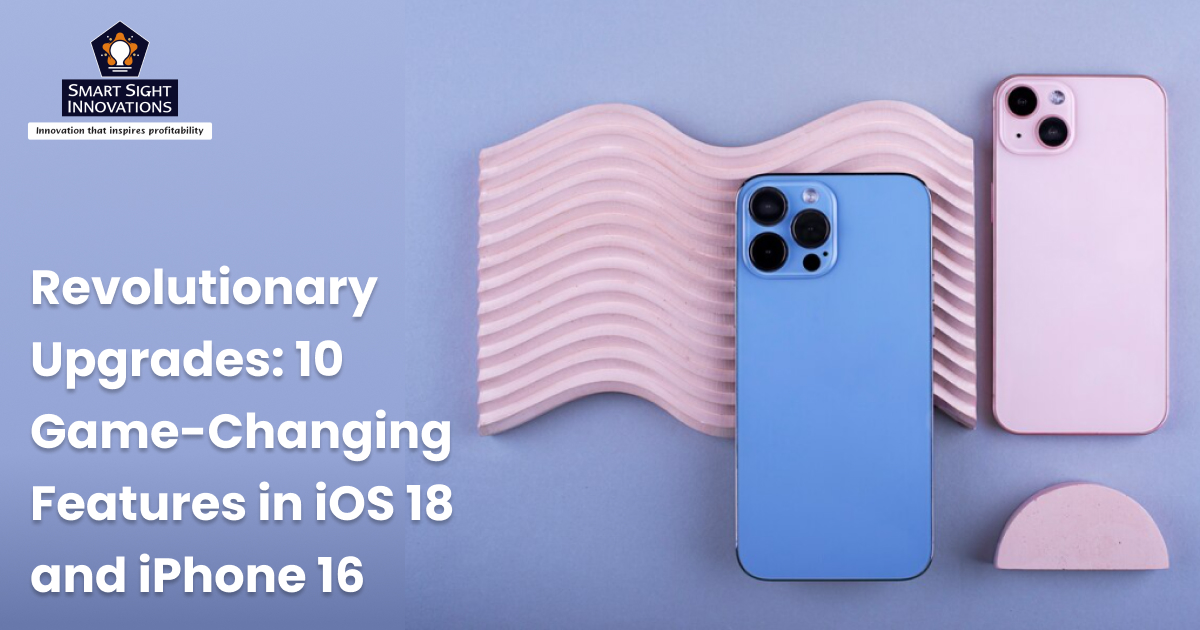
Transforming Your Mobile Experience with AI: The User’s Perspective
Ultimately, the most significant impact of the iPhone 16 AI features and capabilities will be on the end-user. These advancements are not just technological marvels; they are designed to make everyday tasks easier, more efficient, and more enjoyable, truly transforming the mobile experience with AI.
- Boosted Productivity: Imagine writing emails faster with AI-powered suggestions and tone adjustments, getting instant summaries of long articles, or having Siri manage complex tasks for you. The iPhone 16’s AI tools are set to save users significant time and effort, making productivity gains a daily reality. This practical benefit is highlighted in discussions on Apple Newsroom and PhoneArena.
- More Intuitive Interactions: Interacting with your phone will feel more natural than ever. A conversational Siri that understands context, intelligent suggestions that appear just when you need them, and seamless actions across apps will make using your iPhone feel less like giving commands and more like having a helpful assistant.
- Deeply Personalized Engagement: Apple Intelligence learns from your personal context to provide truly personalized experiences. This means more relevant suggestions, content curation that matches your tastes, and creative tools like “Genmoji” that reflect your unique style. The AI aims to understand you better, leading to a more engaging and tailored interaction, as noted on Apple Newsroom and Apple Intelligence.
- Enhanced Privacy Assurance: In an era of increasing data concerns, the robust privacy measures built into Apple Intelligence provide significant peace of mind. Knowing that sensitive AI processing happens on-device, or through secure, private cloud systems, allows users to embrace these powerful features without compromising their personal data. This commitment is a cornerstone of Apple’s approach, as detailed on Apple Newsroom and PhoneArena.

The Future is Intelligent: Embracing the iPhone 16
The iPhone 16 is not just an iterative update; it represents a significant leap forward in smartphone technology. The comprehensive suite of iPhone 16 AI features and capabilities, powered by the sophisticated Apple Intelligence explained and the robust iPhone 16 A18 chip benefits, is truly groundbreaking.
These advancements are not only defining the landscape of AI in smartphones 2024 but are actively transforming the mobile experience with AI in ways that were once the realm of science fiction. Apple’s user-centric approach, prioritizing both powerful functionality and unwavering privacy, sets a new standard for the industry.
The potential of AI to further enhance our digital lives is immense, and the iPhone 16 is a testament to that future. We encourage you to anticipate and explore these powerful new features as they roll out, ushering in a new era of intelligent personal technology.
To understand more about the AI landscape and future tech, check out our guide on revolutionary AI advancements 2025.
For a deeper dive into how AI is being integrated into our devices, read about Apple Intelligence features explained.
Learn about the underlying hardware that powers these innovations in our post on iPhone 16 A18 chip benefits.
See how the iPhone 16 fits into the broader market by reading about AI in smartphones 2024.
Understand the user impact by exploring transforming mobile experience with AI.

Frequently Asked Questions
What is Apple Intelligence?
Apple Intelligence is Apple’s new personal intelligence system integrated across iOS 18, iPadOS, and macOS. It uses generative AI and machine learning to understand language, generate content, leverage personal context, and automate tasks, focusing on on-device processing and Private Cloud Compute for privacy.
Will all iPhones get these AI features?
Apple Intelligence requires devices with advanced Apple silicon capable of handling the computational demands of AI. It is expected to be available on iPhone 16 models and potentially some of the latest iPhone Pro models, powered by chips like the A18.
How does Apple Intelligence ensure privacy?
Privacy is a core tenet. Most AI tasks are processed on-device using Apple silicon. For more intensive tasks, Private Cloud Compute is used, ensuring that data is not stored, accessed, or shared by Apple or third-party AI models. Users have control over when and if their data is shared with external AI services.
What are some examples of AI features on iPhone 16?
Key features include an enhanced, more conversational Siri, advanced writing tools for text generation and tone adjustment, smarter photography with object removal and enhanced search, generative image creation tools like Image Playground, and proactive assistance with priority notifications and intelligent suggestions.
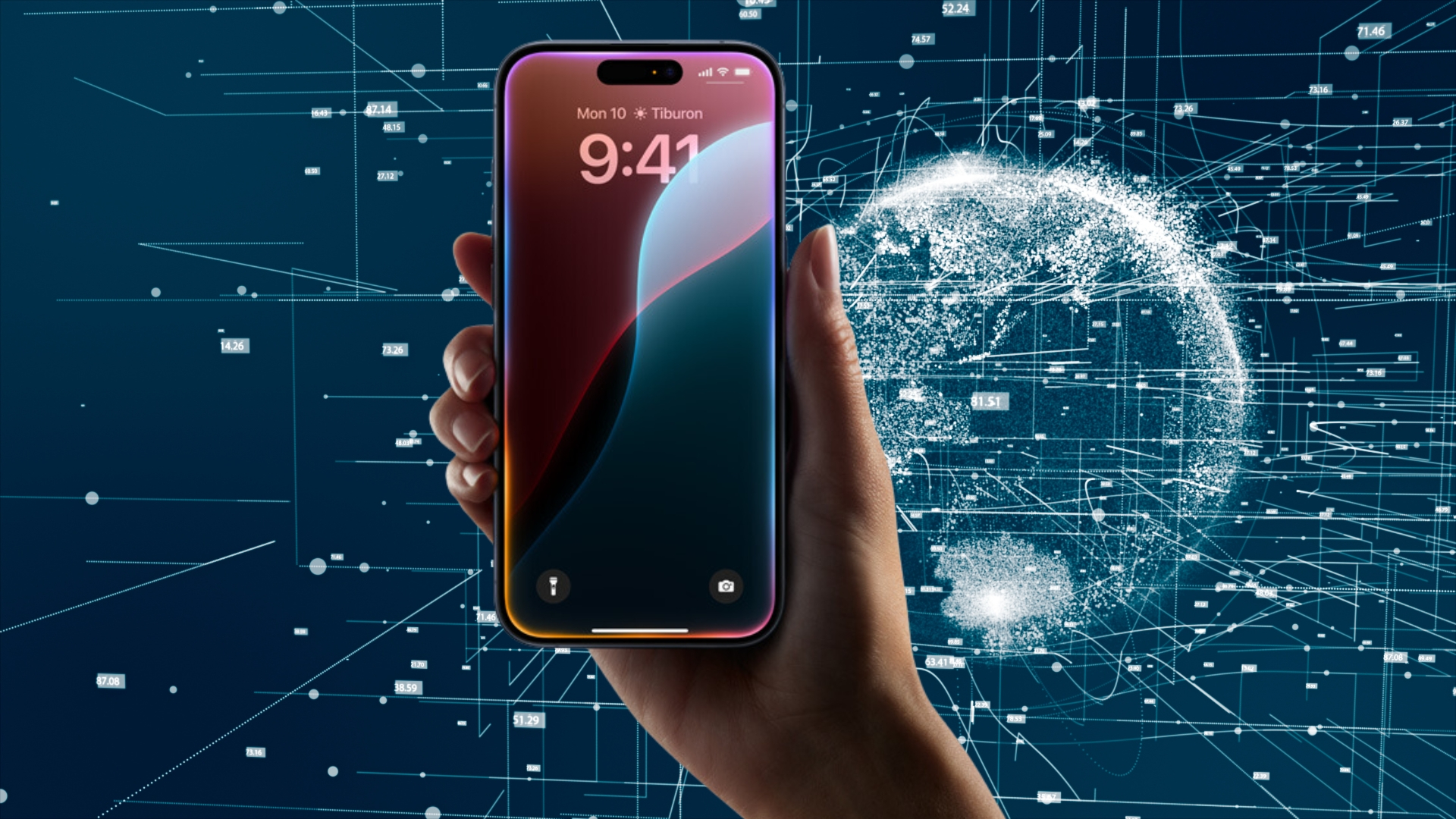
What is the role of the A18 chip?
The iPhone 16 A18 chip, with its enhanced Neural Engine, is crucial for powering Apple Intelligence. Its AI-optimized architecture enables faster and more efficient on-device processing of machine learning and generative AI tasks, making advanced AI capabilities possible directly on the iPhone.
Can Siri understand complex requests?
Yes, the enhanced Siri powered by Apple Intelligence is designed to understand more natural language and retain context across multiple requests. It can also access a broader range of general product knowledge and perform more complex actions within and across apps.
How does iPhone 16 AI compare to Android AI?
Apple’s approach emphasizes deep system integration, a strong focus on privacy through on-device processing and Private Cloud Compute, and a more curated third-party AI integration. While Android devices also offer AI features, the iPhone 16’s intelligence is designed to be more seamlessly woven into the user experience with a robust privacy framework.



